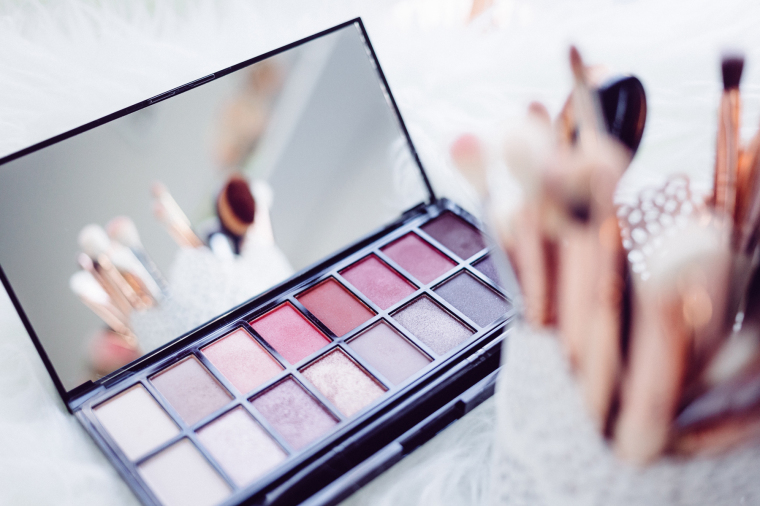
First published April 12, 2013
Slapping a pink ribbon on a person or product is synonymous with waging war against breast cancer. Pink ribbon products proudly display their devotion to the cause; promising to donate funds to breast cancer research or push for improved patient services. A growing group of dissenters have had enough, believing the girly-hued initiative is actually damaging the movement, rather than helping it.
In a strange twist of irony most complaints about the ubiquitous pink ribbon come directly from those who know the disease best: women who have been diagnosed with breast cancer. An increasing number of breast cancer sufferers and survivors find they are uneasy about the way the pink ribbon is used. Many feel corporations and companies exploit their disease in order to market themselves as philanthropic outfits. These women claim some companies care more about the enormous profitability of the pink ribbon's power to boost profits than they do about the real women who are suffering from the disease.
The Boston Globe reports that LaShaune Johnson, 33, feels like they are exploiting the pain of her fellow sufferers, "I cringe when I see that stuff. I feel like they're taking advantage of people who are suffering." A breast cancer survivor, Kim Zielinski, agrees: "I think that the pink ribbon, as a symbol, tends to pretty up what is a pretty crappy disease. But a pink ribbon is easier to look at than the disease itself"
The same article quotes Barbara Brenner, the Executive Director of Breast Cancer Action, "When companies put pink ribbons on their products, they're no longer just selling a sweater or a watch, they're selling the expectation that buying their product is going to make a difference in the fight against breast cancer."
Cause-related marketing
There are few causes that have proved to be as incredibly profitable, or as heavily exploited, as breast cancer. Popular cosmetic companies launched the popularity of the pink ribbon brand when they used it during the early 90's. The pink ribbon now appears on the side of everything from Tim Tams to the board game Monopoly.
This is very different from the philanthropic behaviour we were once accustomed to; when companies gave away money unconnected to their product to specific charities of their choice – without the boomerang effect of a boost in product sales. This symbiotic relationship is exactly what enrages some women who feel it is mutually beneficial to everyone but them. These are women who are diagnosed with, living with, or struggling to beat breast cancer.
They believe their disease is being commodified: neatly packaged up, pretty in pink, with a charming little ribbon slapped on side with flourish. These women feel others are profiting from their struggle, pain, and suffering.
Living in a selling culture
Research shows that we are more likely to choose a particular brand with a link to a cause over a similarly-priced product. Choosing pink has two effects. First, pink products are pretty, feminine and desirable. My sister deliberately bought pink products for a friend who loved pink—not because she wanted to support breast cancer research, but because she liked the colour!
Second, choosing pink appeals to our altruistic nature – we believe we have done something positive to help a good cause. But how much do we really know about where or how much of our pink-tinged cash is going towards the cause? Some products use the right pinky hue and make blanket claims like 'supports breast cancer care' without actually specifying how much money is being donated, and where that money is going. This is one case of cause-marketing where it pays to take a closer look at the label.
We live in a selling culture with such a warped mish-mash of ideas that it tells us we have to BUY something in order to participate, to help, to give. Gone are the days of 'it is better to give than receive'. Our culture is driven by 'what can I get out of this?' Clever marketing executives have sought out new ways to manipulate our selfish desire for possessions by dressing it up as a desire to help.
The Bible teaches us that we should be good stewards of what we have been given. We are to use money wisely, and stay away from the 'deceitfulness of wealth' (Mark chapter 4, verse 19). This deceit tricks us into thinking that we will be happy, fulfilled or content if only we had more.
There is nothing wrong with supporting breast cancer awareness, or even choosing to buy a product emblazoned with a pink ribbon. But I encourage you to assess your heart motivation before you buy pink. Ask yourself: Do I really need this product? Could I give money directly to a good cause instead?
I encourage you to read and buy wisely: How much goes directly to breast cancer research/care/awareness? What are some practical steps I can be taking to encourage breast cancer sufferers in my community? 
Mercy Cornish' previous articles may be viewed at www.pressserviceinternational.org/mercy-cornish.html